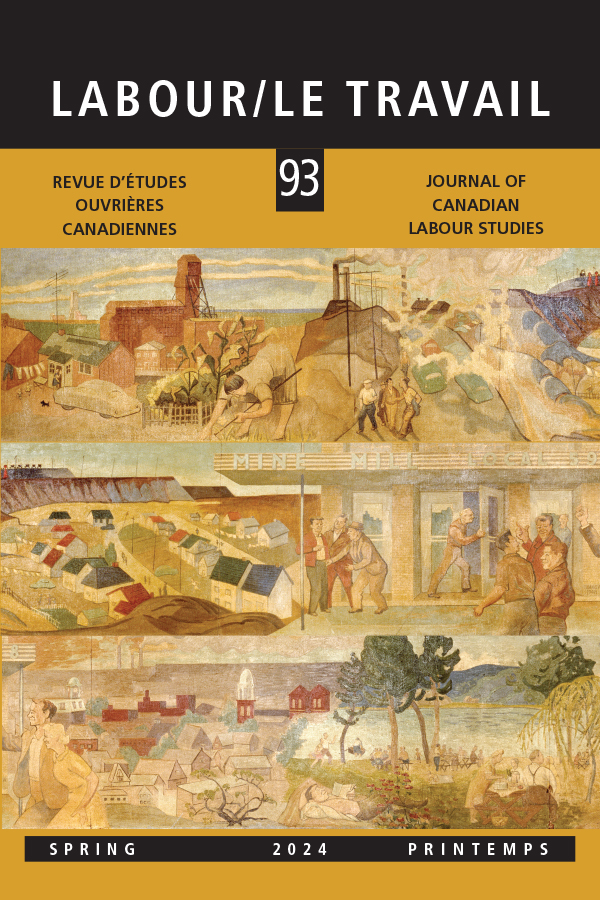Published 2024-06-03
Keywords
- Indigenous,
- building trades,
- employment equity,
- trade unions,
- skills training
- community benefits,
- apprenticeships,
- decolonization,
- reconciliation,
- Indigenization ...More
How to Cite
Abstract
There have never been more favourable conditions for drawing Indigenous workers into the unionized building trades. The construction industry needs to replenish and diversify its overwhelmingly white, male, and aging workforce to meet skilled labour demands in the next few decades, when major civil infrastructure, mining, and green energy developments are expected to occur in northern Indigenous territories. These projects will be mandated by impact benefit agreements to employ a significant number of Indigenous workers who will first need to be trained. At the same time, Indigenous peoples are the fastest-growing population in Canada and have shown a propensity for pursuing trades education. In recent years, Ontario’s largest building trade unions have taken significant steps to recruit, train, and employ northern Indigenous workers, including in Nunavut. In collaboration with various stakeholders, the unions’ efforts are starting to show positive results. But are their methods and goals informed by decolonization, reconciliation, and Indigenization? This article reflects on this question while examining the case of the International Union of Operating Engineers Local 793, which has been a leader among building trades unions when it comes to establishing relationships with Indigenous partners, training Indigenous workers, and contributing to their economic self-determination.
